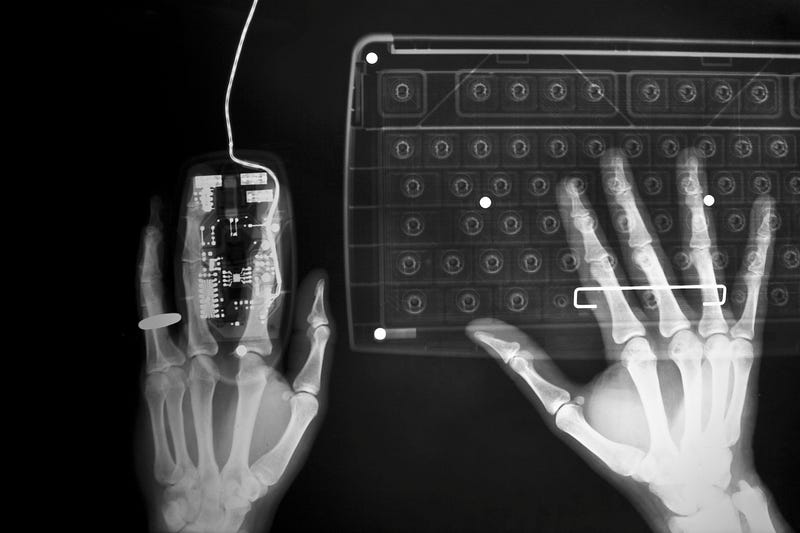
That moment when we all went out and bought smartphones was a game changer for our personal privacy as Tyler Elliott Bettilyon discusses on Medium.
We never imagined at the time how these expensive gadgets would impact on our lives; all we could see that they made our lives easier, but at what cost?
In China, surveillance apparatus is increasingly sophisticated. There is facial recognition technology connected to CCTV cameras and police officers will soon have cameras inside their sunglasses. There may also be drones disguised as birds. Worse still, Chinese citizens are being asked (demanded) to install software in their phones that tracks their downloads and if you’re Chinese and visit a site banned by the government, you lose points from your “social credit score.”
But that’s China, you’re probably thinking. This is a Communist regime that has always controlled how people act and think. It isn’t like that in more democratic countries. Unfortunately the response to that is, “Don’t be so sure.”
Take a look at the surveillance tools the USA has. The NSA’s PRISMprogramme collects masses of data about internet traffic — including yours! That’s why Edward Snowdon blew the whistle on it and revealed how the NSA might be breaking the rules of privacy.
And Europe is no more private. It also has an array of online surveillance tools that it uses in the name of ‘security’. And if you keep sending out the message that we are all in danger, then the citizens of Europe give governments a free pass to collect whatever data they want. They don’t consciously allow it; they passively accept it.
And, online censorship is on the rise as the world becomes more authoritarian. A 2017 report Freedom on the Net details how our freedoms are being curbed year after year. It says: “Nearly half of the 65 countries assessed in Freedom on the Net 2017 experienced declines during the coverage period, while just 13 made gains, most of them minor. Less than one-quarter of users reside in countries where the internet is designated Free, meaning there are no major obstacles to access, onerous restrictions on content, or serious violations of user rights in the form of unchecked surveillance or unjust repercussions for legitimate speech.”
But it isn’t just governments that are watching you; it’s Facebook, Google and the like who are analysing your every move in order to push adverts at you. The Cambridge Analytica scandal showed us how the data they collect can be ‘weaponised’ for political ends.
Perhaps you are very security conscious about your personal data and take all the recommended steps (and more) to protect yourself. But, the web has many vulnerable points you may pass through without your knowledge and that leaves you exposed. These include your friends keeping texts from you, photos of you taken by friends stored on Facebook and Google keeping track of your search history. Yes, you can turn Google tracking off — if you can actually find where to do that. However, ultimately the only way to stay secure is never to send your data via the internet. Or, get yourself a Tor browser. This is a system that attempts to hide source and destination IP addresses by using several proxies. And even then there are still vulnerabilities.
Finally, personal actions to protect our personal data will never be enough: it will require collective action to overcome the Big Brother machinations of the large agencies like the NSA. Bringing the issues to the attention of more internet users is vital to achieve this, then perhaps we can start to solve the problem and pack up our paranoia.